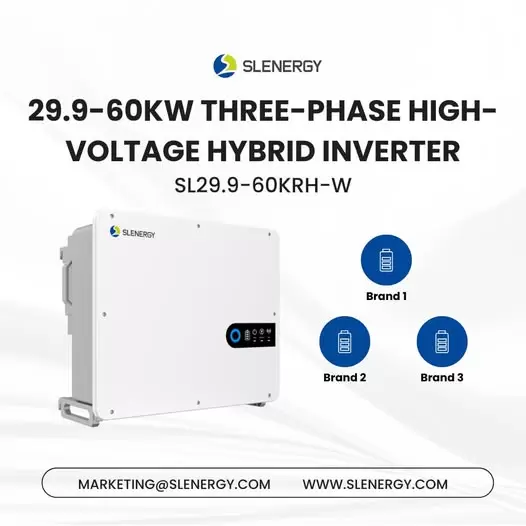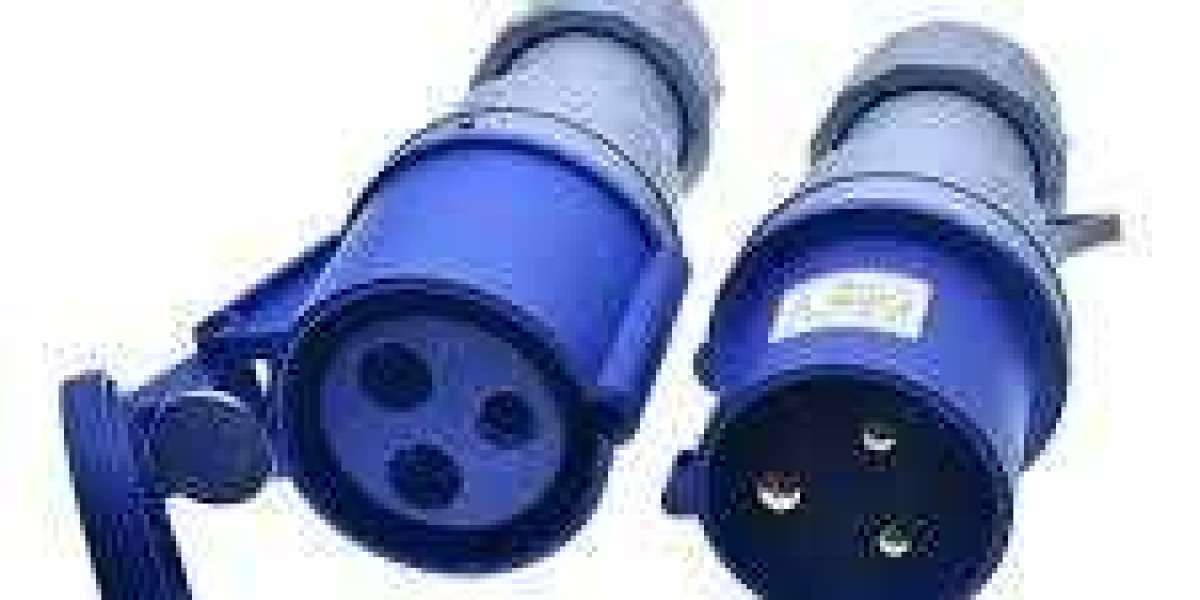In an era increasingly dominated by renewable energy sources and a heightened awareness of environmental sustainability, achieving energy independence has become a cornerstone for both residential and commercial entities. One of the pivotal technologies driving this transformation is the hybrid inverter. This versatile device not only optimizes the use of renewable energy but also ensures a reliable and cost-effective power supply.

Maximizing Energy Efficiency: The Heartbeat of Hybrid Inverters
At the core of hybrid inverters lies their unparalleled ability to maximize energy efficiency. Unlike traditional inverters, which often function as one-way converters, hybrid inverters are designed to operate bidirectionally. This means they can convert direct current (DC) from solar panels or wind turbines into alternating current (AC) for household or business use, and vice versa. During periods of excess energy production, hybrid inverters can send excess power back to the grid or store it in batteries for later use, minimizing energy wastage.
Moreover, hybrid inverters incorporate advanced algorithms and real-time monitoring capabilities. These features enable them to optimize energy usage by adjusting power output according to immediate demand and available energy sources. For instance, during sunny days, a hybrid inverter can prioritize solar power, reducing reliance on grid electricity and thus enhancing overall energy efficiency. This adaptability ensures that every watt of generated energy is utilized to its fullest potential, contributing significantly to both financial savings and environmental benefits.
Reducing Operational Costs: A Win-Win Scenario
Another compelling aspect of hybrid inverters is their capacity to drastically reduce operational costs. With the integration of renewable energy sources becoming more prevalent, energy bills can fluctuate unpredictably. Hybrid inverters provide a stable solution by offering energy independence and reducing dependency on the grid. By storing surplus energy in batteries and utilizing it during peak demand times or grid outages, businesses and households can significantly cut down on their electricity bills.
Furthermore, hybrid inverters are engineered for longevity and reliability. Their robust design and high-efficiency components ensure minimal downtime and maintenance requirements. This translates into fewer repair costs and an extended lifespan, making hybrid inverters a cost-effective long-term investment. Additionally, as governments worldwide offer incentives and rebates for adopting renewable energy technologies, the initial investment in a hybrid inverter can be further offset, accelerating the return on investment.
Seamlessly Mix Match Top-Tier Batteries: Flexibility and Convenience
One of the most innovative selling points of hybrid inverters is their ability to seamlessly integrate with a wide range of top-tier batteries. This flexibility allows users to tailor their energy storage solutions to suit specific needs and preferences. Whether it's lithium-ion, lead-acid, or sodium-sulfur batteries, hybrid inverters can accommodate various battery types, ensuring optimal performance and efficiency.
This compatibility feature is particularly advantageous for those looking to expand their renewable energy setups over time. As battery technology advances, users can upgrade their storage systems without needing to replace the entire inverter. This future-proofing aspect ensures that hybrid inverters remain at the forefront of energy independence solutions, adapting to evolving technological landscapes.
Moreover, hybrid inverters often come equipped with intelligent battery management systems (BMS). These systems monitor battery health, charge levels, and temperature, ensuring that batteries operate within safe parameters and maximize their lifespan. By preventing overcharging, deep discharging, and other potentially damaging conditions, BMS further enhances the cost-effectiveness and reliability of hybrid inverter setups.
Conclusion
Hybrid inverters stand as a cornerstone in the journey towards energy independence. Their ability to maximize energy efficiency, reduce operational costs, and seamlessly integrate with top-tier batteries makes them an indispensable asset for anyone seeking to harness the full potential of renewable energy. As the global push for sustainable living intensifies, hybrid inverters offer a practical and innovative solution, paving the way for a cleaner, more resilient energy future.
By embracing hybrid inverter technology, individuals and businesses alike can take significant strides towards achieving energy self-sufficiency. The combination of efficiency, cost savings, and adaptability ensures that hybrid inverters are not just a luxury but a necessity in today's rapidly evolving energy landscape. As we continue to navigate the transition towards a greener tomorrow, SLENERGY hybrid inverters remain at the forefront, driving progress and fostering a more sustainable world.
https://www.slenergy.com/news/realizing-energy-independence-the-key-role-of-hybrid-inverters.html







